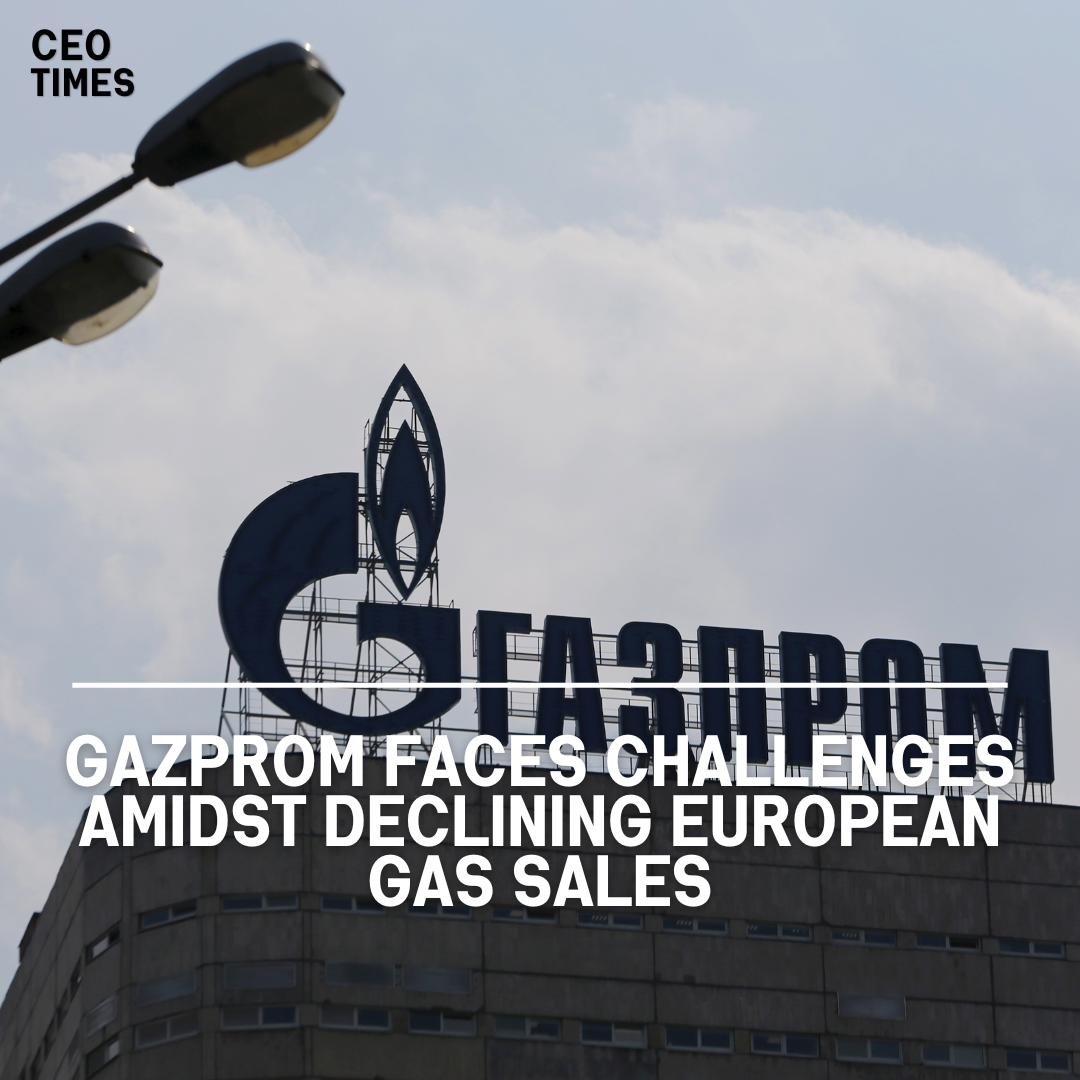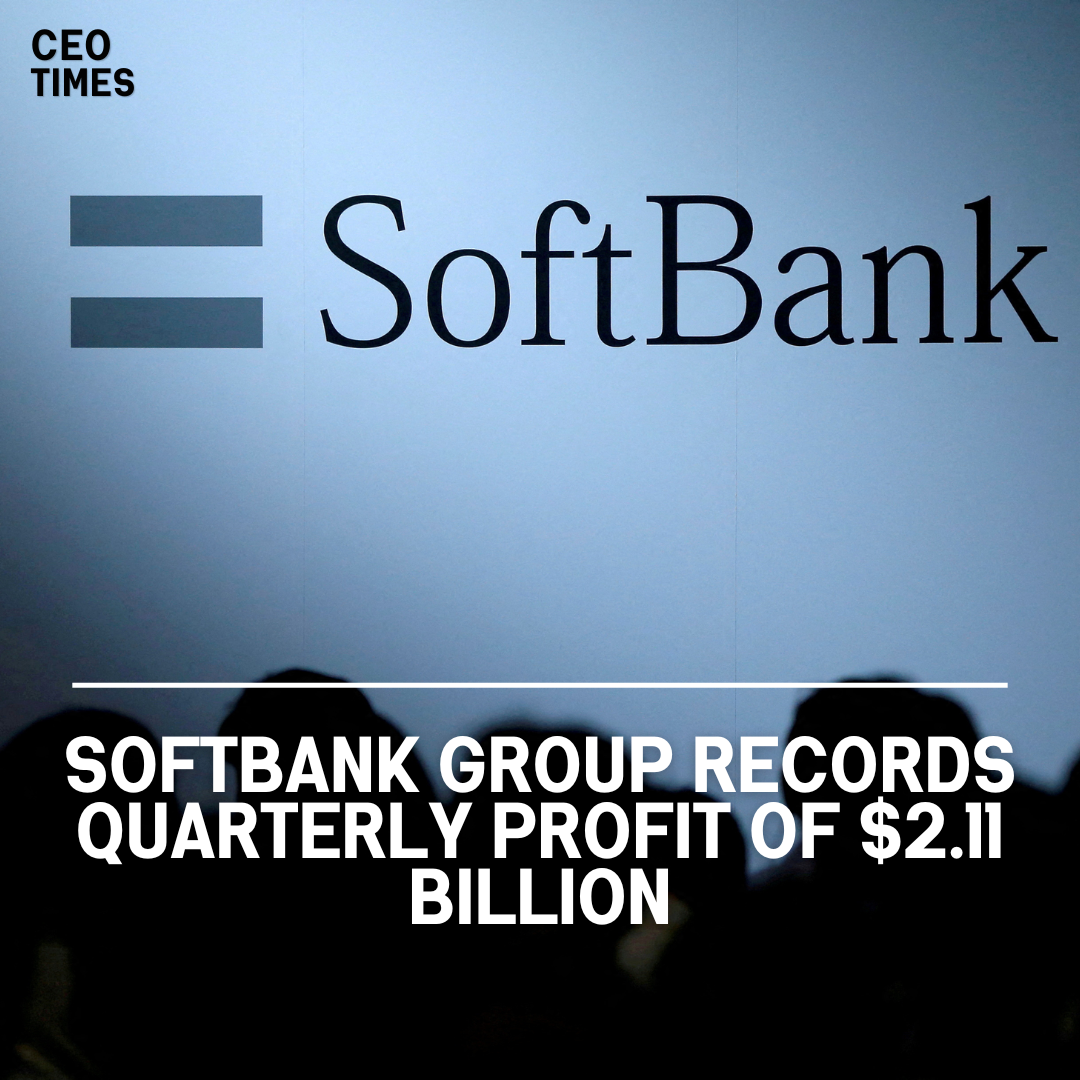Gazprom, once Russia’s leading energy company, confronts a period of poor performance with its recent announcement of an annual net loss of $7 billion, its first since 1999. This downturn follows a significant decline in trade with Europe, the company’s primary sales market.
Impact of European Sanctions:
The European sanctions imposed on Russia have profoundly affected Gazprom’s gas industry, particularly its European sales. The reduction in gas imports by the EU, triggered by the conflict with Ukraine, has further exacerbated Gazprom’s challenges.
Gazprom historically relied on Europe as its main sales market, but the decline in European gas imports has forced the company to explore alternative avenues.
Moscow’s efforts to bolster partnerships with China have been limited, contributing to Gazprom’s ongoing struggles.
Opportunities in China:
Russia’s pursuit of increased pipeline gas sales to China, aiming for 100 bcm annually by 2030, represents a potential opportunity for Gazprom.
While pipeline gas supplies to China via the Power of Siberia commenced in 2019, challenges remain, including issues related to pipeline capacity and pricing agreements.
Uncertainties with New Pipelines:
Gazprom’s ambitions for additional pipelines, such as the Power of Siberia 2 via Mongolia, face unresolved issues, including pricing negotiations.
Although these projects offer prospects for additional export revenues, they are unlikely to fully compensate for the losses incurred in the European market.
Expert Perspectives:
According to industry experts like Kateryna Filippenko from Wood Mackenzie, while Gazprom may see some revenue gains from new pipeline projects, it cannot entirely offset the decline in European business.
The company must navigate complex geopolitical dynamics and market challenges to mitigate its financial losses effectively.




















